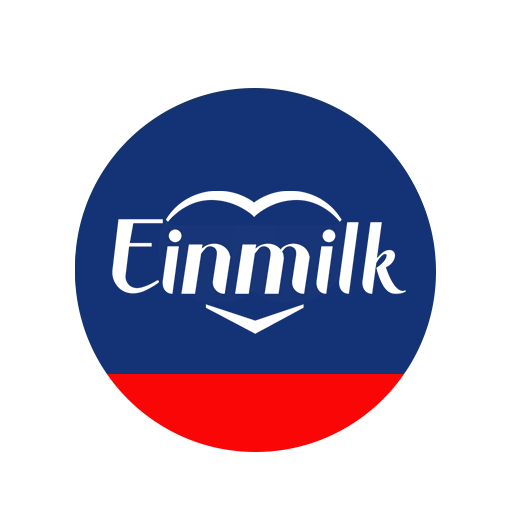Pregnant mums require extra nutrients to support the growth and healthy development of the foetus. Read on to find out the essential nutrients that pregnant mums should be consuming!
- Folic acid/Folate – to prevent birth defects
Folic acid or folate is a B vitamin that is crucial because it prevents babies from being born with neural tube defects like spina bifida and anencephaly. In fact, folic acid is so important, it is recommended to consume 400 to 800mcg per day starting from three months before conception and throughout pregnancy.
Sources rich in folic acid include leafy green vegetables, citrus fruits, lentils and avocado. There is no risk of consuming excess folate from foods that naturally contain folate as it can be easily passed out in urine.

Avocado is rich in folate and contains healthy monounsaturated fatty acids.
- Calcium – to strengthen bones
Calcium is required for strong bones and teeth, as well as to ensure that your circulatory, muscular and nervous systems run the way they should. Calcium helps your baby develop a healthy heart, nerves, and muscles and a normal heart rhythm and blood-clotting abilities. Apart from dairy products, salmon, spinach, tofu, edamame and almonds are foods rich in calcium. You should consume 1,000mcg daily.
- Vitamin D – for calcium absorption
Vitamin D aids in calcium absorption and also helps to build your baby’s bones and teeth. Ideally, you should consume 600 IU per day. Fatty fish such as salmon and mackerel contain Vitamin D. Soy milk and egg yolks also contain Vitamin D. Otherwise, 5-10 minutes in the sun lets your body make Vitamin D naturally too.
- Iron – to prevent iron deficiency anemia
Pregnant women require twice the amount of iron to create blood that supplies oxygen to their foetuses. Insufficient iron levels may lead to a condition known as iron deficiency anaemia, resulting in fatigue.
In severe cases, there is a risk of premature birth and postnatal depression. Get your iron requirements met from lean red meat, beans and vegetables. Pregnant women require 27mg of iron daily.

Beef steak is a good source of iron.
- Zinc – to help baby’s cells grow and replicate
Zinc is a necessary nutrient throughout all stages of pregnancy. Pregnant women should consume 12mg to 15mg of zinc daily. Zinc deficiency may cause pre-eclampsia, a condition characterised by abrupt hypertension, swelling and high protein levels in urine.
Fortunately, it is uncommon to suffer from a zinc deficiency as zinc is present in most foods in our diet such as beef, crab meat, poultry, nuts and beans.
- Protein – encourages foetal growth
Protein encourages foetal cell growth and provides amino acids that boosts brain, bone and muscle development. Protein helps your breast and uterine tissue to grow and increases blood supply during pregnancy. Conversely, a lack of protein may cause poor bone, muscle and joint development and birth defects.
A mother should ideally consume 70g of protein daily from foods like peanut butter, eggs, meat and tofu.

- Iodine – to develop your baby’s brain and nervous system
220mcg of iodine per day is recommended to develop your baby’s brain and nervous system and regulate its metabolism. Iodine is also responsible for thyroid gland regulation and a lack of iodine has been found to cause an increased risk of stillbirth, miscarriage and preterm delivery.
While it may sound stressful having to meet the daily nutritional requirements, most of the nutrients are already present in foods that we consume daily. Choose to eat more green leafy vegetables, fruits and nuts to keep a healthy diet throughout pregnancy. Some pregnant mums throw up whatever they eat, and their gynaecologist would usually prescribe multivitamin supplements to help them obtain the essential nutrients a pregnant mum needs.
Pregnant mums, do you take plenty of fresh foods to obtain a healthy mix of nutrition too?



